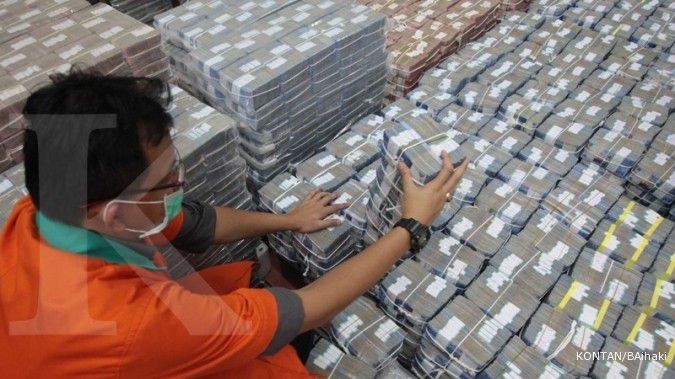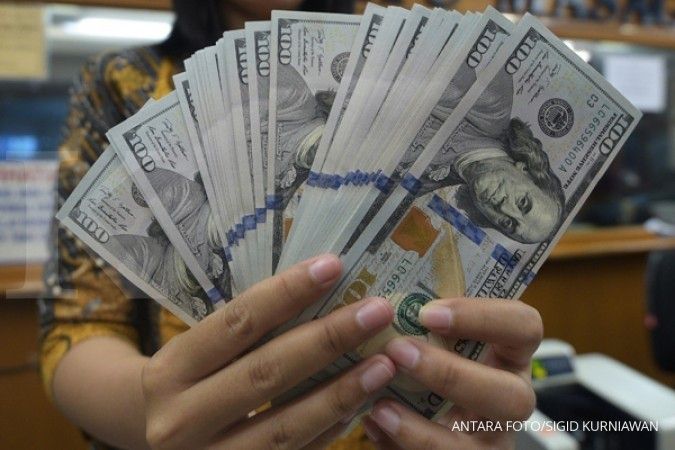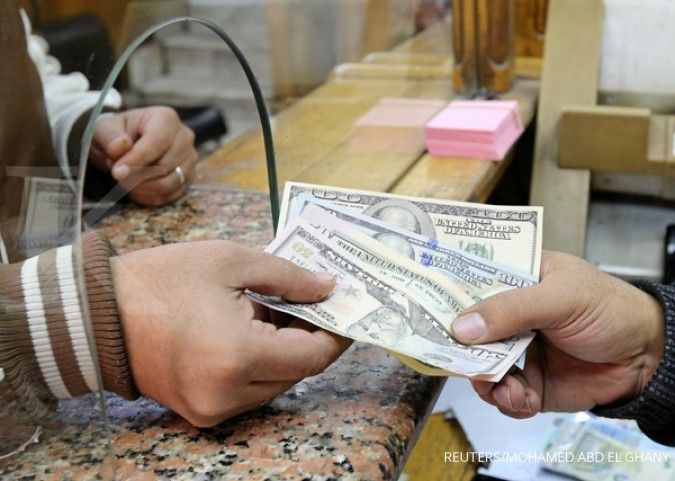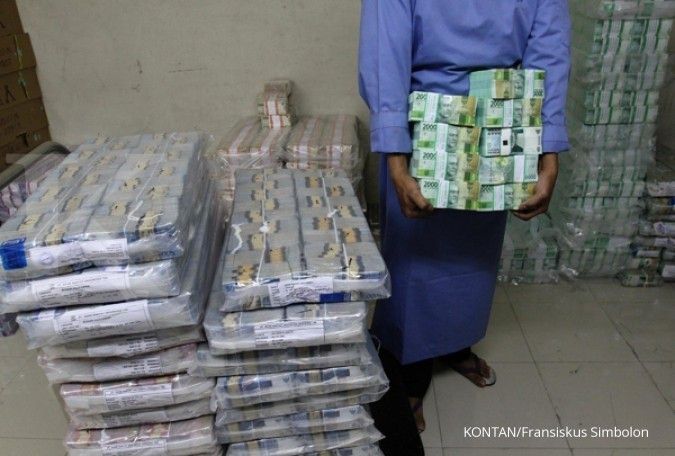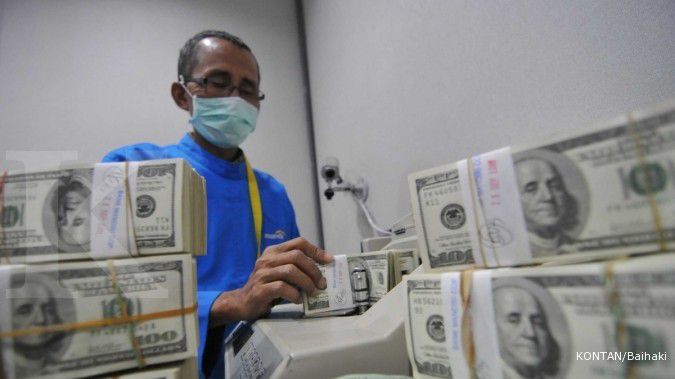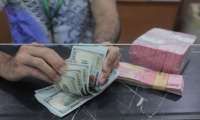JAKARTA. BI (the Central Bank) recorded that Indonesia’s foreign exchange reserves increased by 9.8% from US$ 105.93 billion in December 2015 to US$ 116.4 billion in December 2016.
However, the increase in foreign exchange reserves was mainly contributed by hot money. In December 2016, the issuance of global bonds worth US$ 3.5 billion contributed the most to the increase in foreign exchange reserves in that month. The foreign exchange rise was also supported by foreign capital inflow to financial market, such as stocks and bonds markets.
Economist of Bank Permata Josua Pardede recorded, along the year of 2016, foreign investors booked as much as US$ 754 million net buy in bonds market. The stable capital outflow reduction in stock market also contributed to the increase in foreign exchange reserves.
Chief Economist of SKHA Institute for Global Competitiveness Eric Sugandhi said that in temporary, hot money flow has boosted the increase in foreign exchange reserves in developing countries, including Indonesia.
The increases in foreign exchange reserves were supposed to be derived from viable balance of payments, such as trade surplus, foreign direct investment (FDI) with foreign portfolio investment (FPI), and other posts. Off course: “FDI is more preferred than hot money,” he said, Monday (9/1).
Last year, the foreign exchange reserves increased by US$ 10.5 billon. According to Josua, this year foreign exchange reserves may record lower increase compared to 2016, due to the current account deficit rise, as well as the decrease in financial and capital account surplus. This may subsequently reduce trade balance surplus.
“Considering the solid economic fundamentals, foreign exchange reserves by the end of 2017 may remain at the range of US$ 115 billion-US$ 120 billion,” Josua said.
Josua continued, the government needs to boost export by accelerating downstream industries. Therefore, the foreign exchange reserves can be more stable.
Furthermore, the government also needs to encourage investment in the real sectors by continuing structural policy reforms and strengthening economic fundamentals.
Hence, financial and capital transaction surplus in the real sectors will depend more on investment portfolio. “The increase in foreign exchange reserves, which reflect on the increase in balance of payments, will be more sustainable,” Josua added.
(Muhammad Farid/Translator)
